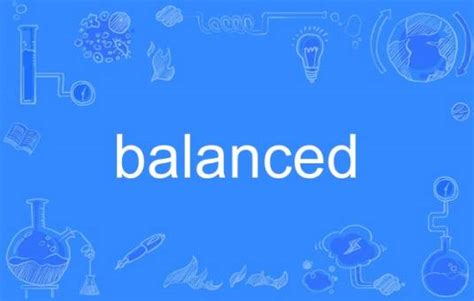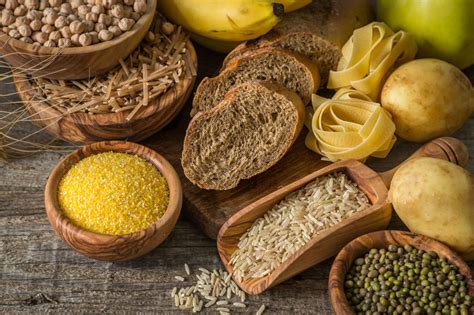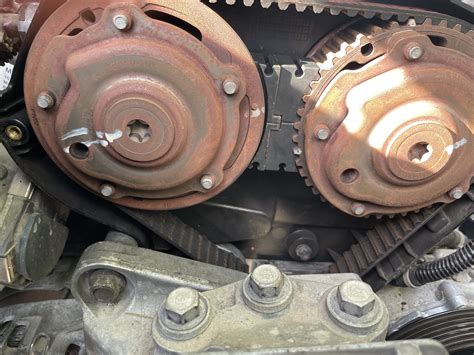What’s the best pre-workout nutrition for sustained energy & peak performance?

Fueling Your Body for Optimal Workouts
Preparing your body for a workout isn’t just about lacing up your shoes; it’s fundamentally about what you consume beforehand. The right pre-workout nutrition can be the difference between a sluggish session and one where you hit personal bests, enjoy sustained energy, and recover more effectively. Understanding the science behind fueling your body is key to unlocking your full potential.

The Macronutrient Breakdown: Carbs, Protein, and Fats
Carbohydrates: Your Primary Energy Source
Carbohydrates are the body’s preferred fuel source, especially during high-intensity exercise. They are broken down into glucose, which is stored as glycogen in your muscles and liver. Adequate glycogen stores prevent fatigue and allow you to maintain intensity for longer. For sustained energy, focus on complex carbohydrates (oats, whole-wheat bread, brown rice, sweet potatoes) 2-3 hours before a workout. If your workout is closer, simple carbohydrates (fruit, a small energy bar) can offer a quick boost without causing digestive distress.
Protein: Muscle Protection and Repair
While carbohydrates provide the primary fuel, protein plays a critical role in preventing muscle breakdown during exercise and initiating the repair process. Consuming a moderate amount of protein alongside carbohydrates before a workout helps ensure a positive protein balance, setting the stage for muscle growth and recovery. Think lean sources like chicken breast, Greek yogurt, eggs, or a protein shake.

Fats: A Secondary, Long-Term Fuel
Healthy fats are essential for overall health, but they are not the primary fuel source for most types of exercise, especially high-intensity activities, due to their slower digestion rate. While a small amount of healthy fats in your pre-workout meal won’t hurt, it’s generally best to keep them low to moderate immediately before a workout to avoid digestive discomfort and ensure quicker energy delivery from carbs and protein.
Timing is Everything: When to Eat
The timing of your pre-workout meal is almost as important as its composition. The goal is to allow enough time for digestion and nutrient absorption without feeling overly full or hungry.
- 2-3 Hours Before: A full meal balanced with complex carbohydrates, lean protein, and a small amount of healthy fats. This allows ample time for digestion and glycogen replenishment.
- 30-60 Minutes Before: A lighter snack focused on easily digestible carbohydrates and a little protein. Examples include a banana, a piece of toast with a thin layer of peanut butter, or a small fruit smoothie.
Experiment to find what works best for your body and specific workout type. Some individuals tolerate food closer to exercise better than others.

Hydration: The Unsung Hero
Beyond food, adequate hydration is paramount for peak performance. Dehydration, even mild, can significantly impair strength, endurance, and cognitive function. Begin hydrating hours before your workout. Aim to drink 16-20 ounces of water 2-3 hours prior and another 8-10 ounces 20-30 minutes before exercise. Continue to sip water throughout your workout.
Sample Pre-Workout Meals and Snacks
- 2-3 Hours Before: Oatmeal with berries and a scoop of protein powder; whole-wheat toast with scrambled eggs and avocado; chicken breast with sweet potato and steamed vegetables.
- 30-60 Minutes Before: Banana; apple slices with a tablespoon of nut butter; a small handful of dried fruit and nuts; Greek yogurt with a small amount of fruit.

Listen to Your Body: Individualization is Key
What works perfectly for one person might cause discomfort for another. Factors like your metabolism, workout intensity, duration, and personal preferences all play a role. Pay attention to how different foods affect your energy levels and digestion during exercise. Keep a food diary if needed to identify optimal choices.

Conclusion
The best pre-workout nutrition for sustained energy and peak performance hinges on a strategic combination of carbohydrates for fuel, protein for muscle support, and proper hydration, all consumed at the right time. By understanding these principles and experimenting to find what best suits your individual needs, you can elevate your training, enhance recovery, and achieve your fitness goals more effectively.








